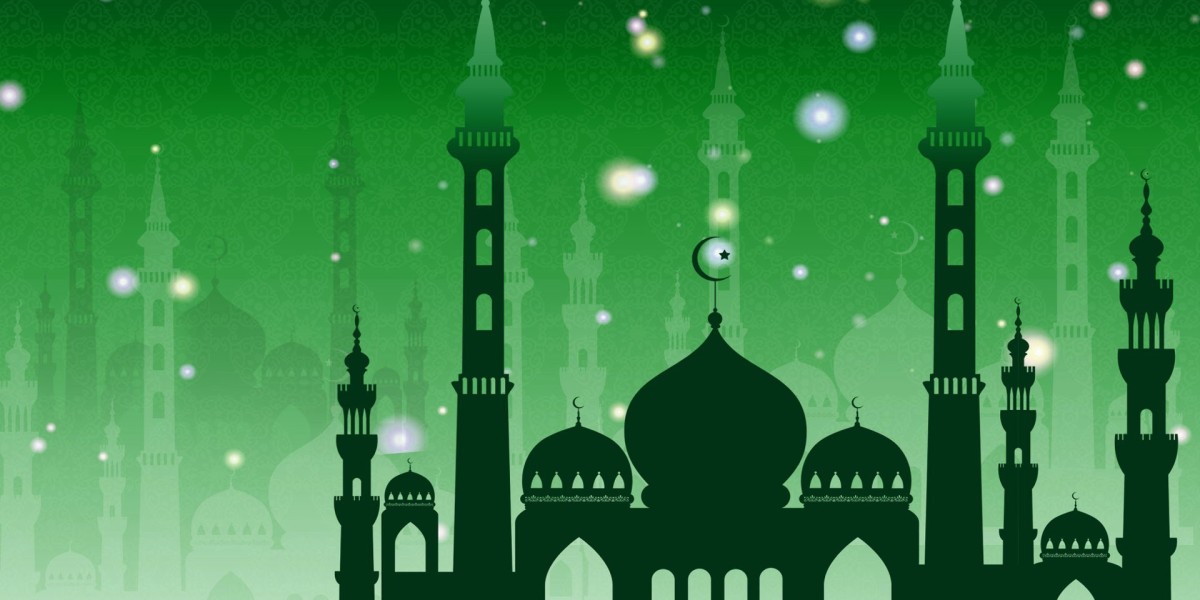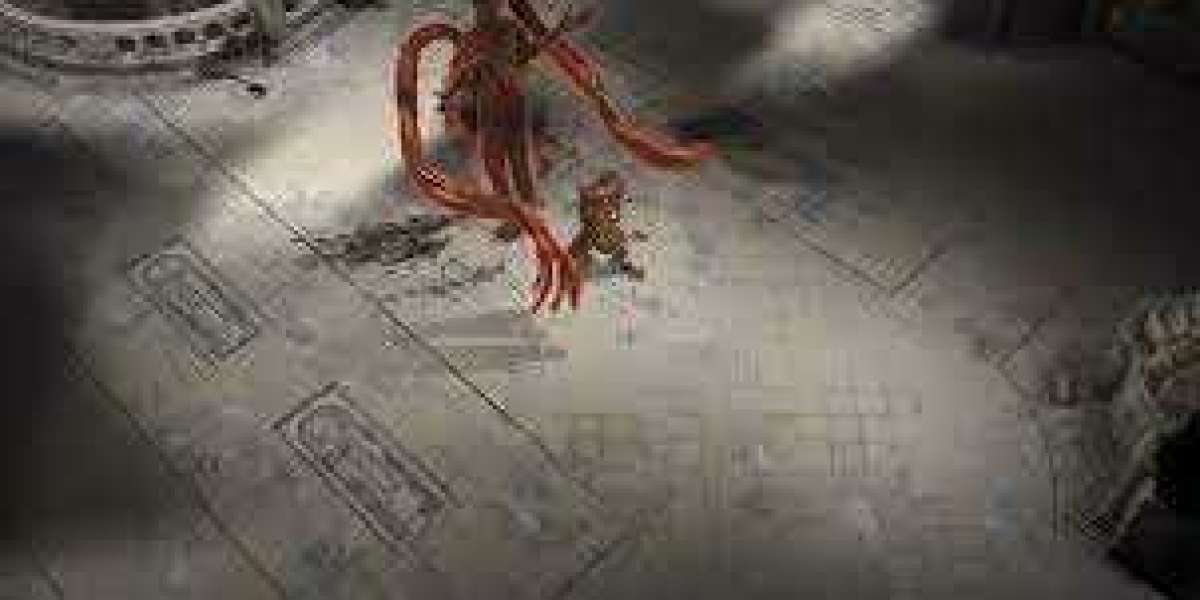In the heart of Islamic tradition lies the commemoration of the birth of the Prophet Muhammad (peace be upon him), known as Mawlid Un Nabwi. This occasion is celebrated with fervor and reverence across the globe, marking not only the birth of the Prophet but also a time of reflection, gratitude, and spiritual renewal. In recent years, there has been a noticeable surge in the involvement of youth in Mawlid celebrations, reflecting a desire to reconnect with their faith and heritage. This article aims to explore the significance of Youth Mawlid Un Nabwi and its role in revitalizing Islamic spirituality among the younger generation.
Understanding Mawlid Un Nabwi:
Mawlid Un Nabwi, often referred to simply as Mawlid, is an annual observance that commemorates the birth of the Prophet Muhammad, believed to have taken place on the 12th day of Rabi' al-awwal, the third month of the Islamic lunar calendar. The celebration is marked by recitations of poetry, praises of the Prophet, lectures on his life and teachings, as well as acts of charity and community service. While the exact origins of Mawlid celebrations are debated among scholars, its practice has deep roots in Islamic history and culture, spanning centuries and diverse cultural landscapes.
The Role of Youth:
In recent times, there has been a noticeable shift in the demographics of those actively participating in Mawlid celebrations, with a growing number of young Muslims taking center stage. This trend reflects a broader movement of youth engagement in religious and spiritual activities, driven by a desire to find meaning and belonging in an increasingly complex world. For many young Muslims, Mawlid Un Nabwi serves as a bridge between tradition and modernity, offering a space where they can express their faith in ways that resonate with their contemporary experiences.
Youth Mawlid Un Nabwi: A Modern Perspective:
Youth Mawlid Un Nabwi events often take on a modern twist, incorporating elements of art, music, and multimedia to engage younger audiences. From vibrant street processions to multimedia presentations highlighting the life and teachings of the Prophet, these events offer a dynamic and inclusive platform for youth to connect with their faith. Social media platforms have also played a significant role in amplifying the reach of Youth Mawlid Un Nabwi, allowing young Muslims to share their experiences and reflections with a global audience.
Spiritual Revival:
Beyond the outward expressions of celebration, Youth Mawlid Un Nabwi serves as a catalyst for spiritual revival among the youth. Through poetry, nasheeds (Islamic songs), and communal prayers, participants are reminded of the timeless values of compassion, humility, and service exemplified by the Prophet Muhammad. In a world plagued by division and discord, the message of unity and peace embodied by the Prophet resonates deeply with young Muslims seeking to make a positive impact in their communities.
Challenges and Criticisms:
Despite its growing popularity, Youth Mawlid Un Nabwi is not without its critics. Some conservative voices within the Muslim community view the celebration as a bid'ah (innovation) and argue that it detracts from the purity of Islamic worship. Others raise concerns about the commercialization and secularization of Mawlid, urging for a return to more traditional forms of commemoration. However, proponents of Youth Mawlid Un Nabwi counter these criticisms by emphasizing the importance of cultural adaptation and creative expression in keeping Islamic traditions relevant and accessible to future generations.
Conclusion:
In conclusion, Youth Mawlid Un Nabwi represents a vibrant and evolving expression of Islamic spirituality among the younger generation. By blending tradition with innovation, these celebrations provide a meaningful opportunity for young Muslims to connect with their faith, community, and heritage. As the torchbearers of Islam in the 21st century, youth engagement in Mawlid Un Nabwi offers hope for a future where the timeless teachings of the Prophet Muhammad continue to inspire and guide generations to come.



